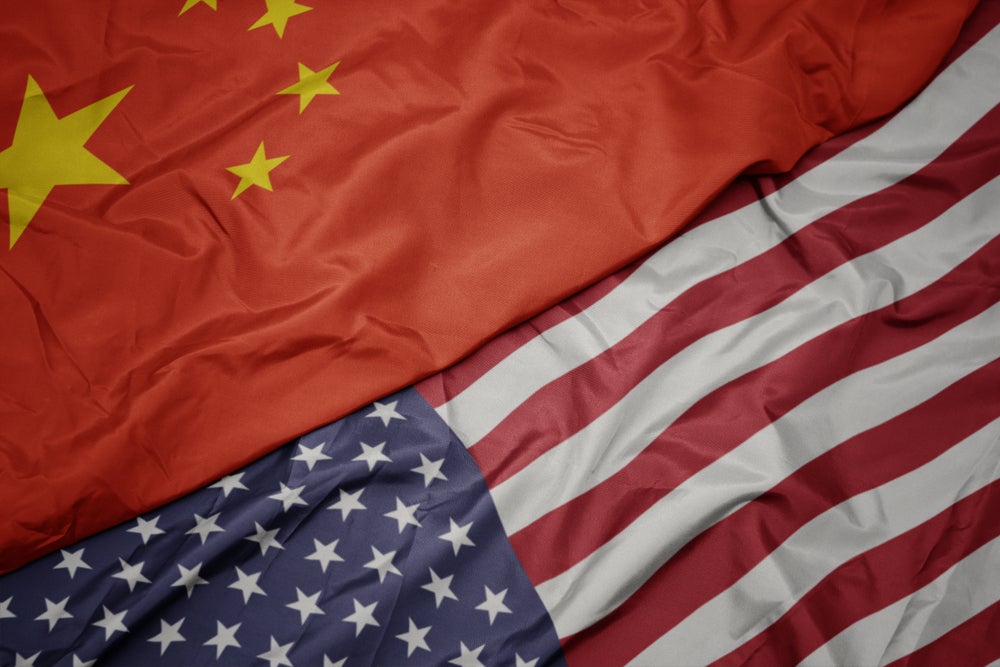The U.S. has been urging China to use its influence to stop Iran-backed Houthi rebels from attacking commercial ships in the Red Sea. However, the diplomatic pressure has not yielded any significant results, according to American officials.
What Happened: The U.S. has been pressing China to intervene with Tehran and restrain the Houthi rebels, who have been targeting commercial vessels in the Red Sea, reported the Financial Times on Wednesday. Despite these efforts, there has been little indication of assistance from Beijing.
Top U.S. officials, including National Security Adviser Jake Sullivan and Secretary of State Antony Blinken, have raised the issue with their Chinese counterparts. However, there has been minimal evidence of China pressuring Iran to control the Houthi attacks.
The U.S. and its allies have been conducting airstrikes on Houthi positions in Yemen in response to the attacks on commercial ships in the Red Sea. Despite the ongoing diplomatic efforts, U.S. officials are not optimistic about a change in China’s stance.
Why It Matters: The Houthi attacks in the Red Sea have been a cause for concern for the international community. The U.S. and the UK have been actively involved in conducting airstrikes against Houthi military infrastructure in Yemen to disrupt their activities in the Red Sea.
These attacks have led to a halt in Shell PLC‘s shipments through the Red Sea, further highlighting the impact of the Houthi attacks on global trade. The U.S.-led coalition has also initiated a series of attacks on Houthi rebel targets in Yemen in response to their refusal to cease their Red Sea ship assaults.
Photo by esfera on Shutterstock
Engineered by
Benzinga Neuro, Edited by
Kaustubh Bagalkote
The GPT-4-based Benzinga Neuro content generation system exploits the
extensive Benzinga Ecosystem, including native data, APIs, and more to
create comprehensive and timely stories for you.
Learn more.
Image and article originally from www.benzinga.com. Read the original article here.

